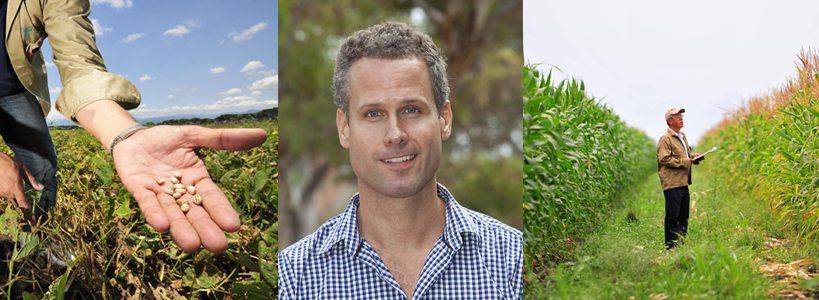Fortifying for the Future: Micronutrient-Enriched Cereals to Improve Global Health

Dr Alexander Johnson
Senior Lecturer, School of BioSciences
The University of Melbourne
Micronutrient deficiencies are one of the most serious health issues facing billions of people in developing countries of Asia, Africa and Latin America. Rice and wheat provide 40% of the world’s dietary energy supply yet people who consume large quantities of these cereals often suffer from debilitating malnutrition disorders due to low concentrations of iron, zinc and vitamin A in the cereal grain. Over two billion people are affected by iron deficiency with symptoms ranging from poor mental development in children, depressed immune function to iron deficiency anaemia. Approximately two billion people are also affected by zinc deficiency with symptoms that include stunting in children and increased susceptibility to disease. The development of nutrient enriched food crops – a process commonly referred to as “biofortification” – has emerged as a highly economical and sustainable approach towards increasing micronutrient intakes in developing countries of the world.
At the University of Melbourne Dr Johnson has established the Plant Nutrition Laboratory to explore new ways of producing iron and zinc biofortified cereals. Their overall aim is to develop high-yielding varieties of wheat and rice that produce more nutritious, micronutrient-enriched grain.








